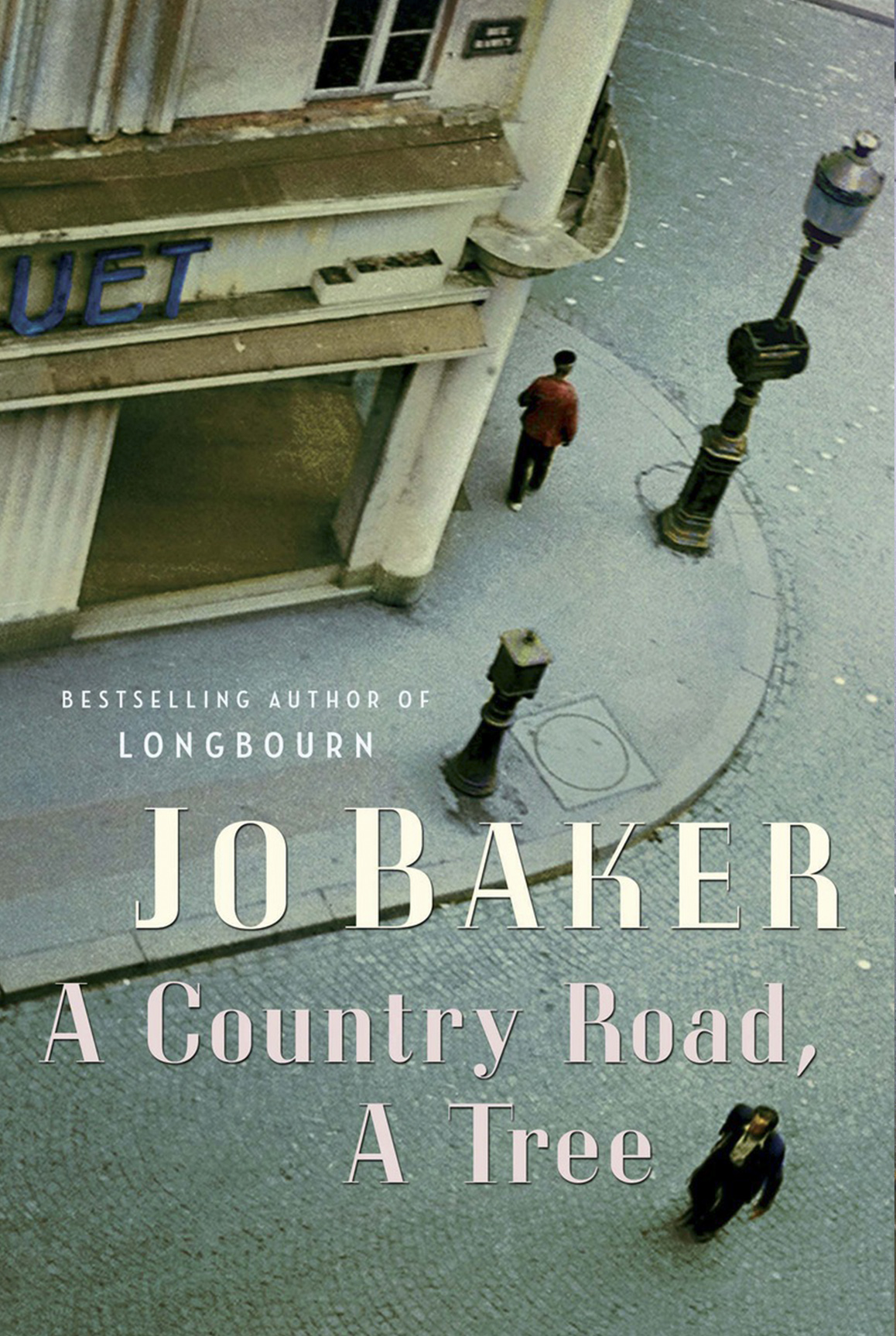
A Country Road, a Tree
کتاب های مرتبط
- اطلاعات
- نقد و بررسی
- دیدگاه کاربران
نقد و بررسی

March 21, 2016
Baker’s intimate portrait of Samuel Beckett (1906–1989) focuses on the critical years 1939–1946, during which time Beckett began his relationship with Suzanne Dechevaux-Dumesnil, whom he later married; participated in the French Resistance, for which he was awarded the Croix de Guerre; and developed the modern perspective and minimalist style that earned him the 1969 Nobel Prize for Literature. A brief prologue shows Beckett as a boy in Ireland climbing a tree while his mother tries in vain to keep him within the bounds of safety. Part One, entitled “The End,” flashes forward to England’s entry into World War II. Drinking, depressed, and home in Ireland after living in France, Beckett longs to return to Paris, although he’s haunted by his mother’s question: what possible use can he be there? Once back in France, without papers or income, Beckett reconnects with mentor/friend James Joyce, the great Irish author whose genius overshadows Beckett’s own frustrated attempts at writing. When German forces move into Paris, and one of Beckett’s dearest friends, a communist, is arrested, Beckett joins the Resistance, serving in Paris and the French countryside, first as a translator, then in combat. Examples of wartime decency and brutality, instances of courage and betrayal, periods of time when nothing happens, and shortages that limit life to essentials all stir Beckett’s sense of absurdity in modern life. Baker details how wartime experiences provide the key to Beckett’s transformation from Joyce disciple to distinctive literary voice. In this worthy successor to Longbourn, she skillfully captures Beckett’s world, the rhythms of his bare-bones prose, and the edginess of his point of view.

























دیدگاه کاربران